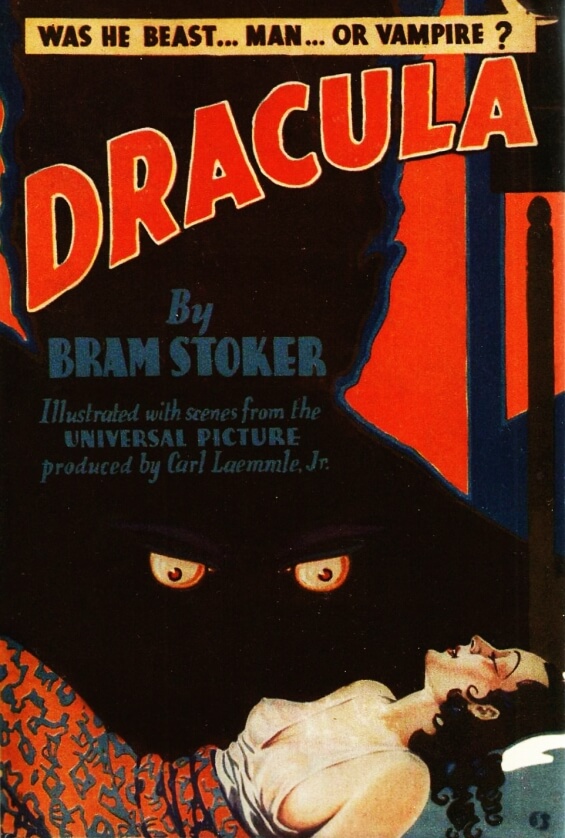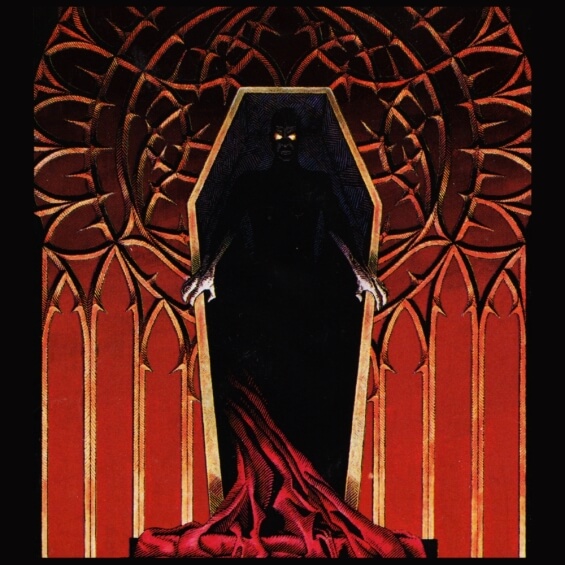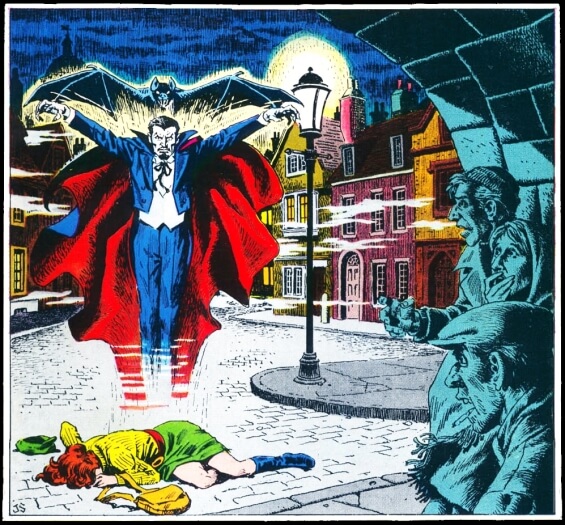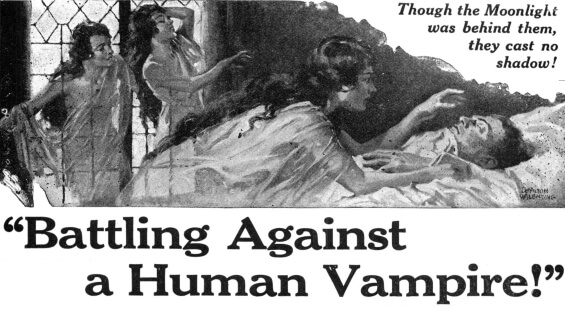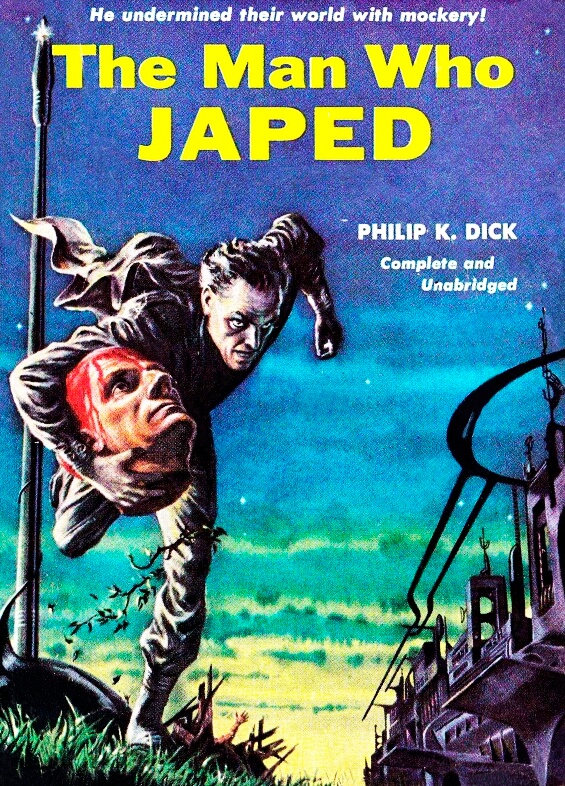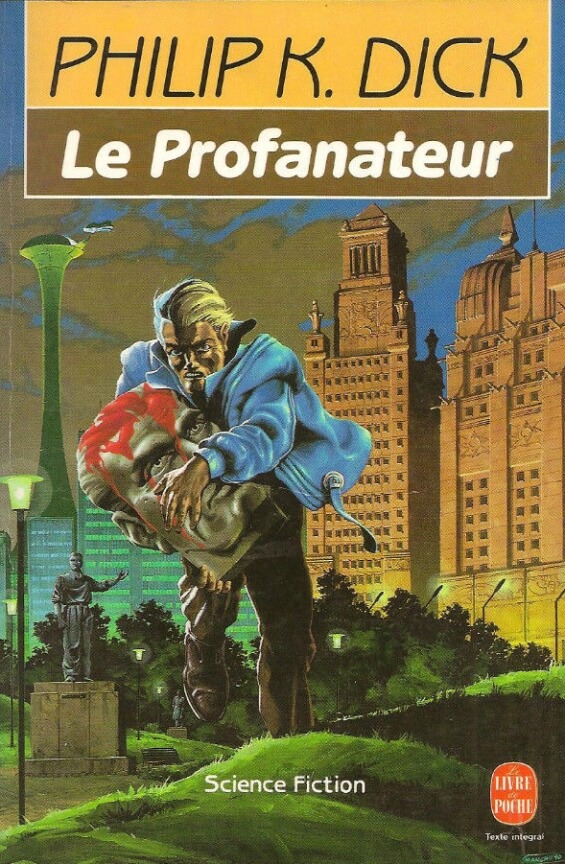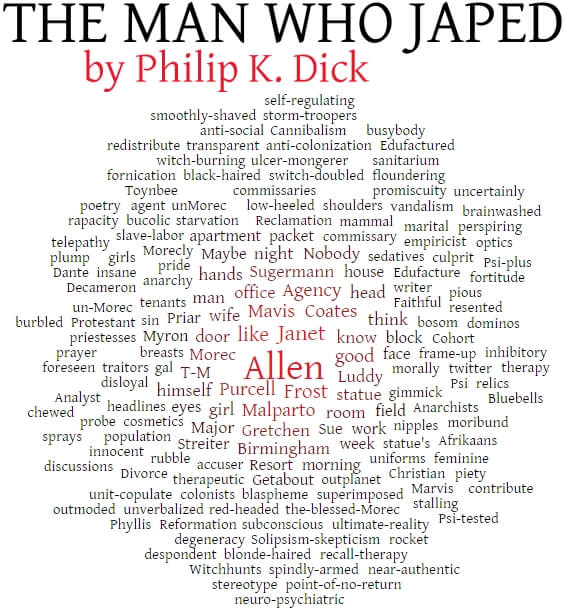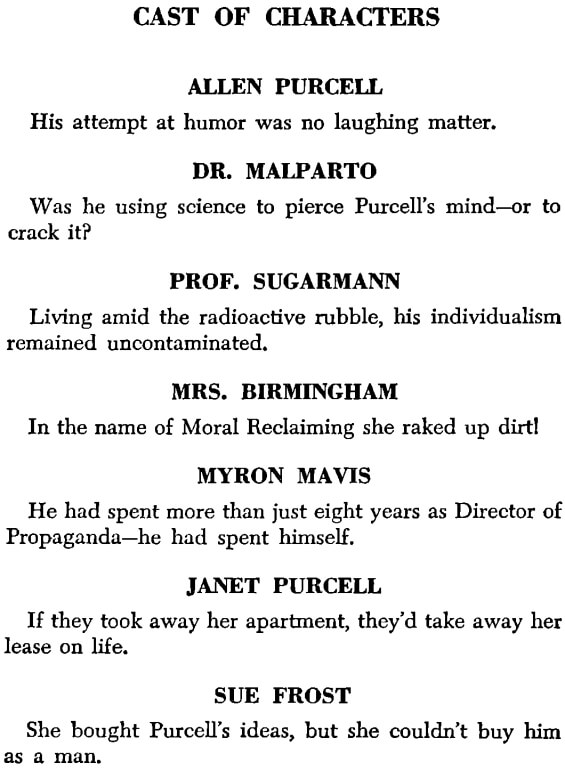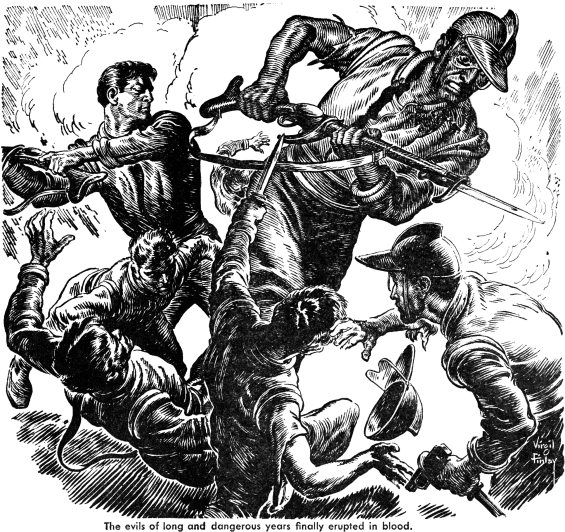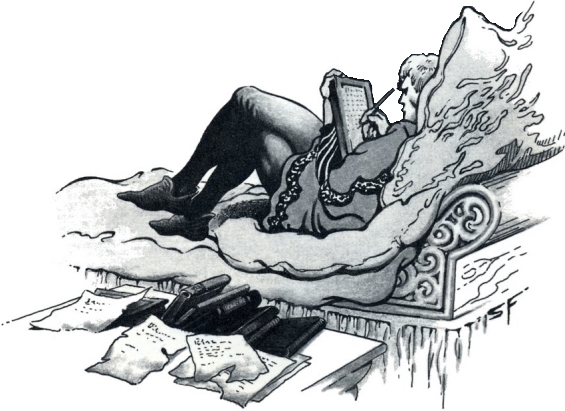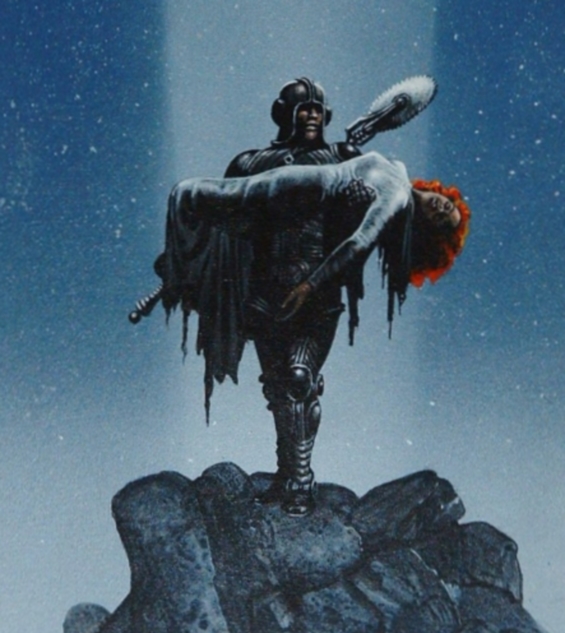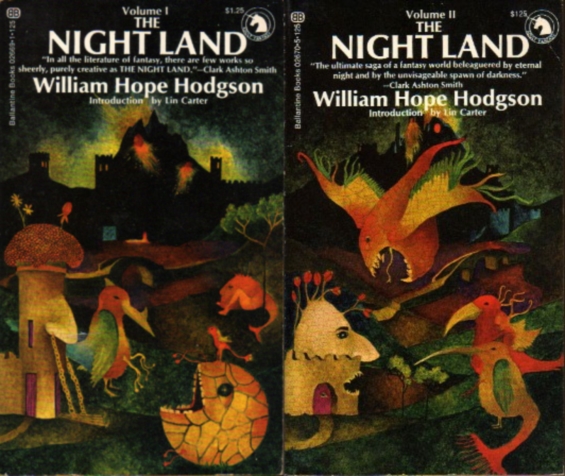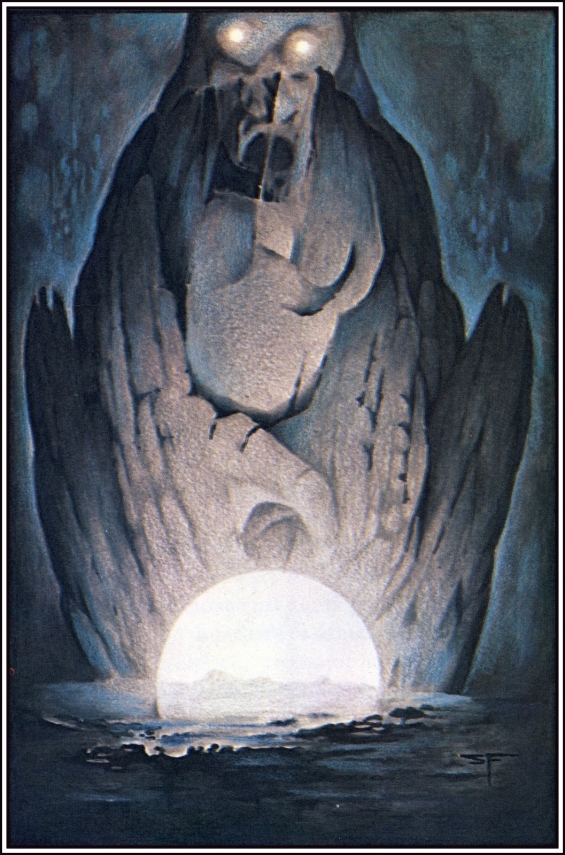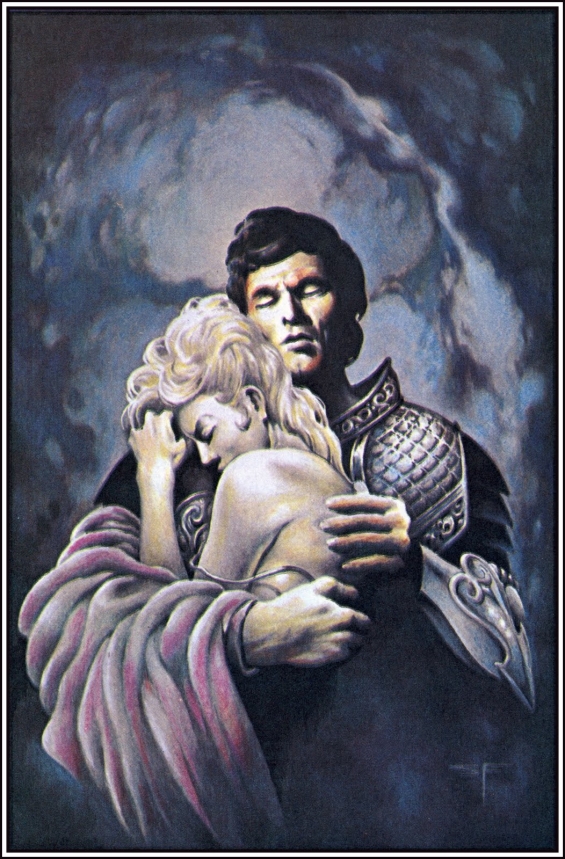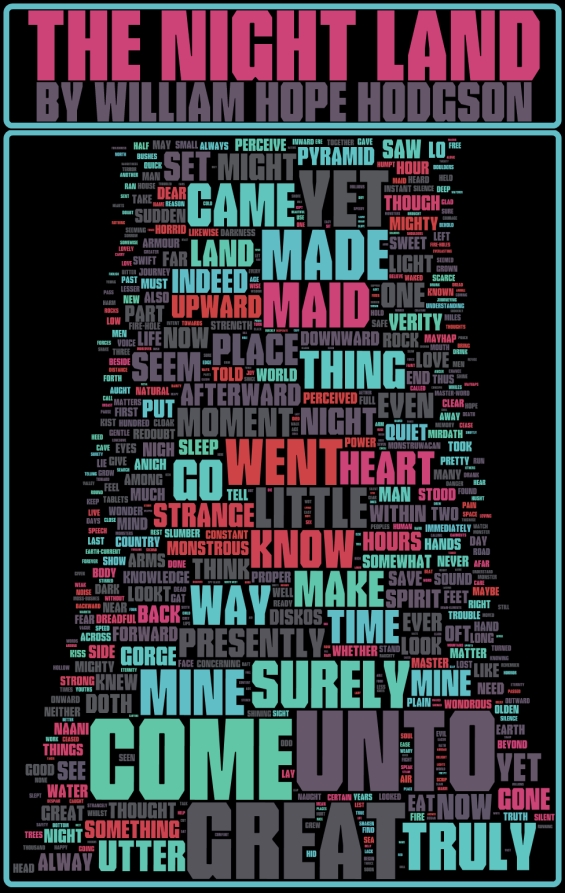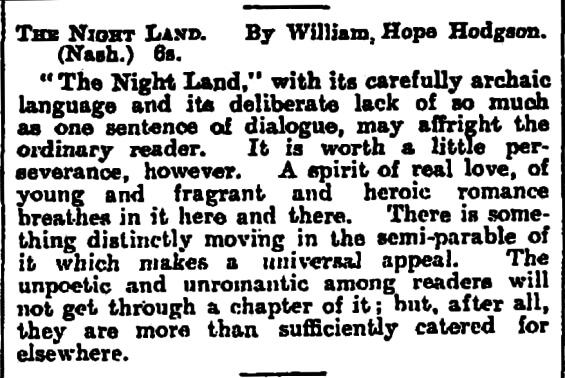
![]()
 The SFFaudio Podcast #428 – Jesse and Maissa Bessada talk about Burglars Can’t Be Choosers by Lawrence Block.
The SFFaudio Podcast #428 – Jesse and Maissa Bessada talk about Burglars Can’t Be Choosers by Lawrence Block.
Talked about on today’s show:
1977, a Matt Scudder book: A Walk Among Among The Tombstones, cut-up women, he most brutal book Maissa’s ever read, sex, comedy and mystery, a treasure hunt, little gems, is that ever cool!, the 2 cassette audiobook (heavily abridged), just under six hours, it percolated along, coffee drinking, word humour and word play, why I love to read Lawrence Block books, 11 books in the series, 4 short stories, percolating dialogue, an Agatha Christie style mystery, Lawrence Block is an excellent narrator, you’re intellectually engaged, turning the horror of crime into a cozy murder mystery, a magician, sleight of hand, false directions, The Purloined Letter, the Blackstone Audio afterword, maybe I’ll try crime, everything you see on the page is Block’s brain, sparkling personality, Bernie doesn’t age, his burglar charms, Ruth Hightower, you can call me Roger, subsequent books, a front for a burglary business, Block’s dialogue and writing, the whole back end, seeing things we’re not allowed to see, what is happening?, the psychology of the character is a mystery to himself, Carolyn the lesbian poodle groomer, Carolyn is the Watson to Bernie’s Sherlock, it always was a parody, that love of books, contemplating a life of crime, Robin Hood, what kind of dog?, maybe a stuffed dog, no shedding, it’s obvious who the murderer is, carefully set like a jewel, a lot is unconscious, Ruth’s the murderer, suspects, some lurker in the shadows, how small New York is, it fits to Agatha Christie neat, that’s the genre, he’s playing totally by the Hal Clement rules, Mission Of Gravity, Two If By Sea, putting all the evidence before us, a particular hobby horse, The Burglar Who Liked To Quote Kipling, Kipling, The Burglar Who Painted Like Mondrian, Piet Mondrian, baseball, The Burglar Who Thought He Was Bogart, The Burglar In The Library, locked room murder mystery, The Burglar In The Rye, The Burglar Who Counted Spoons, told in first person, Like A Thief In The Night, A Bad Night For Burglars, from this character’s point of view, fitting in to one area of art or collecting, this is the theater one, everybody’s an actor, everybody in the book has another name or a hidden identity, Lauren, the 85 bucks, a burglar code of ethics, “I never believed in overlooking cash”, choices, the cop costume, which one is the real burglar?, they totally switch, Wesley Brill, playing “the heavy”, he’s lost his skill, this is the book where he gets his skill back, writing fiction is a kind of magic, losing the magic, Lawrence Block is always retiring from writing, staying in hotels, breaking into his own hotel room, writers who write for a living, Bernie’s lifestyle is Block’s lifestyle, going through a divorce, moving to California, an amazing soup of goodness, he’s a soup fiend, he’s also the “Man In The Middle”, Russian dolls, why isn’t this book much better known, Burglar (1987), gender swapped, Bobcat Goldthwait, too much in the words, it would make a great comic, imagery, exposition is not great for comics, a Hercule Poirot ending, Penguin Audio audiobooks, Richard Ferrone’s narration, Recorded Books, masks, Roger Armitage, they’re lying to each other, call me “Wes”, John Wesley, oh there you are!, fake names, really recognizable, how you know someone, Sydney Greenstreet, Peter Lorre, The Maltese Falcon (1941), two guys looking for the bird, the rara avis, the pear shaped man, a pre-telling, Ms. Brill by Katherine Mansfield, an ESL teacher in France, creating an internal life, an active imagination, moth powder, his yacht, a fried whiting, a flounder, a fox stole, honey cake, Maissa misread it, Reading, Short And Deep, Julie Hoverson’s narration of Ms. Brill, a little box room, Lawrence Block were you inspired by Katherine Mansfield’s story…?: No., a brill is a fish, the ermine toque = fur hat, knocked on the nose, everything is reflecting everything else, without even having read it, echoes of brill, Goldilocks, archetypes, Bernie assumes Ruth has a husband, Ellie, cheating, the ultimate woman, Darla Sandoval, he hasn’t cheated…yet, his cop costume, you don’t even need those burglar’s tools, a break in as a sexual thing, the ability to open locks, modelling a life on Bernie Rhodenbarr, locks and keys, how many passwords, one password, power and speed, a ream of keys, access, keys are responsibilities that weigh you down, physically and metaphorically, memorization, having lockpicks, lockpicking, water my plants, his burglary life, Mrs. Hesh, power is attractive, like sexual triumph, tumblers finishing, he doesn’t want it to be too clear, on the tip of understanding, “I suppose you’re wondering why I’ve gathered you all here”, Rex Stout, Raymond Chandler, a true consulting detective, Archie Goodwin, Nero Wolfe is a cogitating machine, perfect recall, fine living, food, a reveal, parceled out, we get all of the story, The Hound Of The Baskervilles by Sir Arthur Conan Doyle getting bored of the form, we are Bernie’s Watson, The Silver Blaze, he totally cheated us, cheating, honest cheating cops, the person behind everything, the second gun, triggering, a real play?, second cabbie, James Garner, “Sound Of Distant Drums”, phrases, things that suggest, suggesting rather than saying, a certain feeling, Block is a master manipulator, you flinched, he charmed me out a lot of money, playing a role from the very beginning, he’s an actor, really great, incredibly enjoyable, examining the furniture, shaking out the books, so much in there, intellectual exercise, whodunit?, if you want to know about Watergate now’s the time to read about it, wait twenty years, a good mystery novel gives you all the facts, I feel like Ray Kirschmann, we were totally cheated, a bed is a bed is a bed, no bed of roses, set apart from our world, everybody smokes, no internet, cellphones, computers, answering services, the world has been transformed, visiting a simpler time, sexism of the period is quaint, slightly askew.
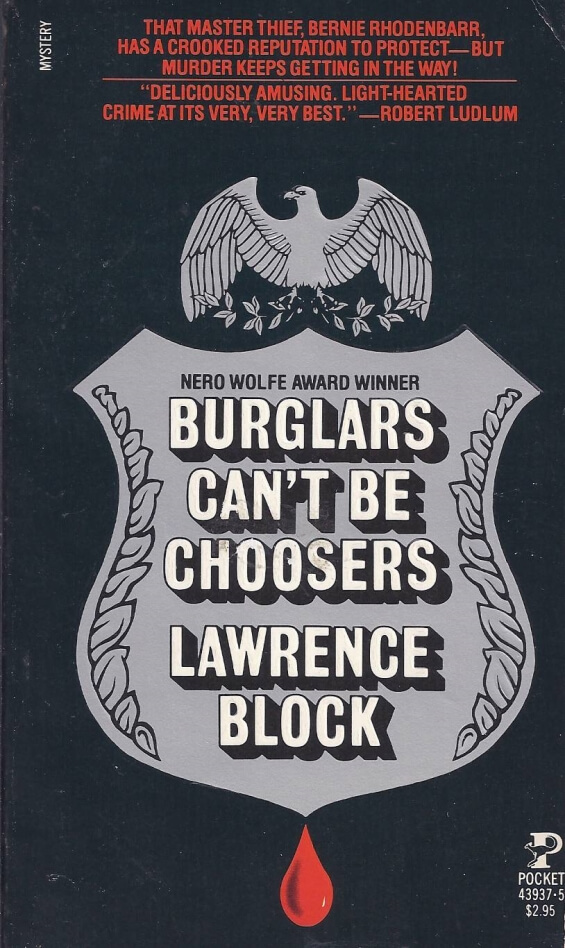
Posted by Jesse Willis

